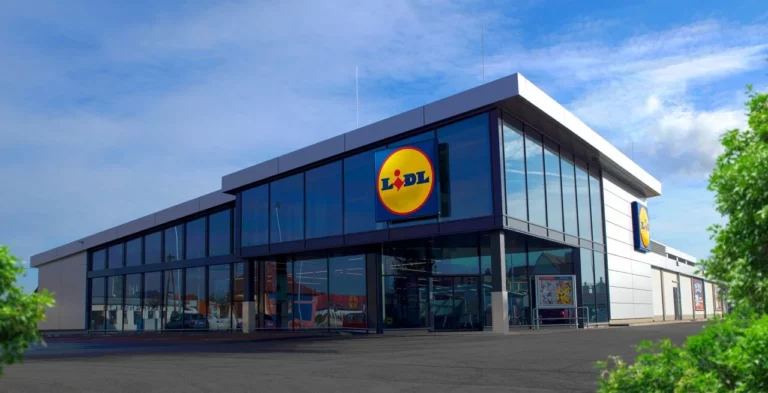Trade in Hungary
KSH: Hungary trade balance shows EUR 475 m deficit in April – UPDATE

Staple food shortages in Hungarian Lidl supermarkets?

Hungarian companies with innovative technologies to find new opportunities in Morocco, says minister
Trade between Hungary and Morocco jumped by 24 percent in the past year, and the growing economy of the region...
Annual inflation in Hungary almost in double digits in April

Hungary and Uzbekistan launch cooperation programmes in nuclear energy, water management, agriculture

Hungary March retail sales up 16.2 pc yr/yr

Hungary trade balance shows EUR 117 m deficit in Feb

Hungary’s seasonally-adjusted PMI climbs to 58.9 in April

Hungary, Turkey set up joint economic and trade committee

Good deal for the Hungarian government: petrol tourism has boosted vehicle fuel sales

This is how the Hungarian government would prevent grain prices from rising
The government's recent decision to allow the imposition of controls on wheat exports under certain circumstances could prevent prices from...
Shell to restrict fuel purchases in Hungary!

Hungarian minister meets Electrolux, Ericsson heads in Stockholm

The proportion of foreigners in the Hungarian economy has decreased

Orbán cabinet: Planned EU ban on red meat, wine promotion ‘unacceptable’

Ban on single-use plastics yields significant results in Hungary

Hungary’s trade balance returns to surplus in December – UPDATE

2021 had been the best year in Hungary-Russia cooperation, says foreign minister





 ZH
ZH IT
IT DE
DE HR
HR NL
NL FR
FR JA
JA RO
RO RU
RU ES
ES TR
TR
